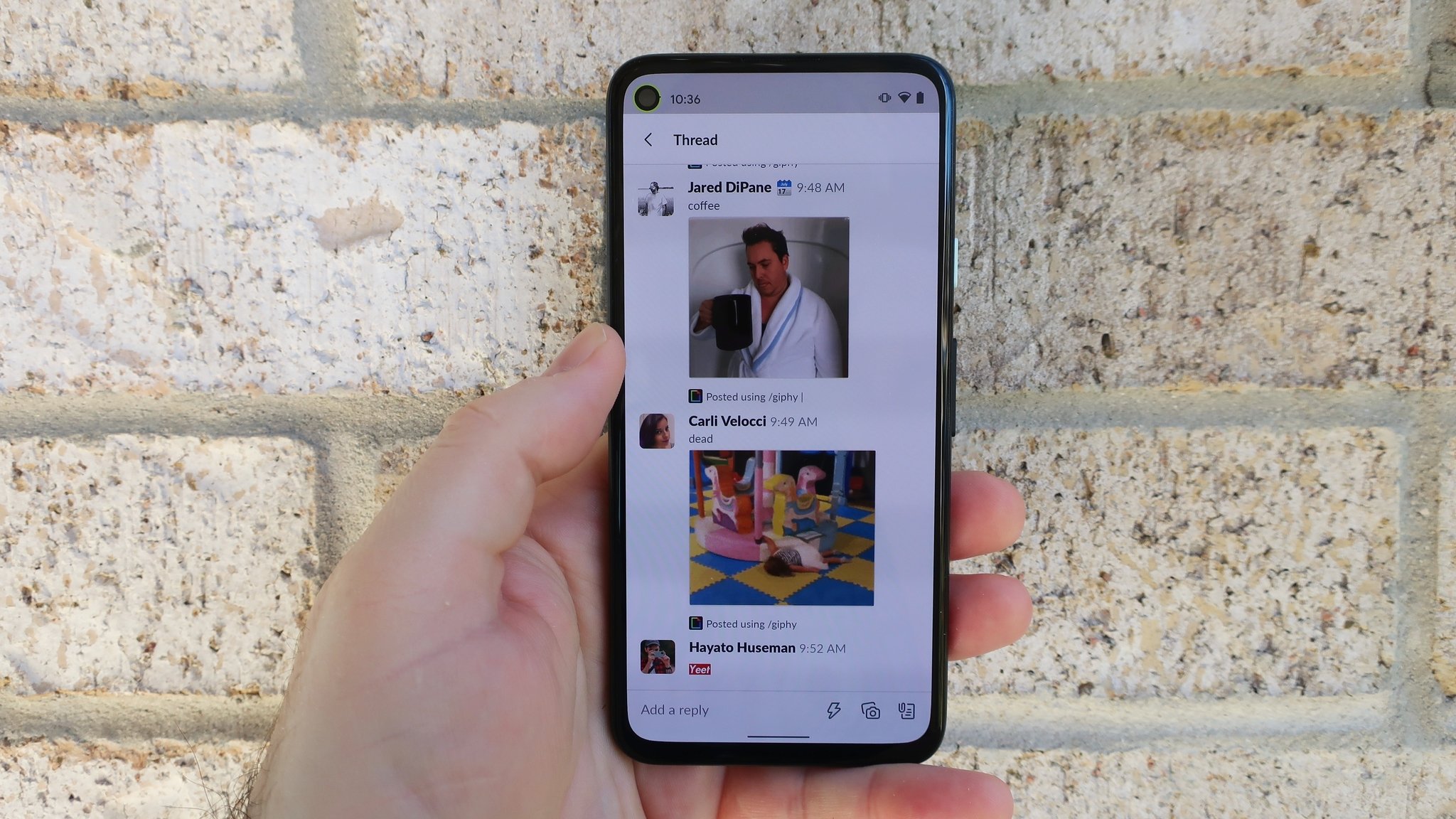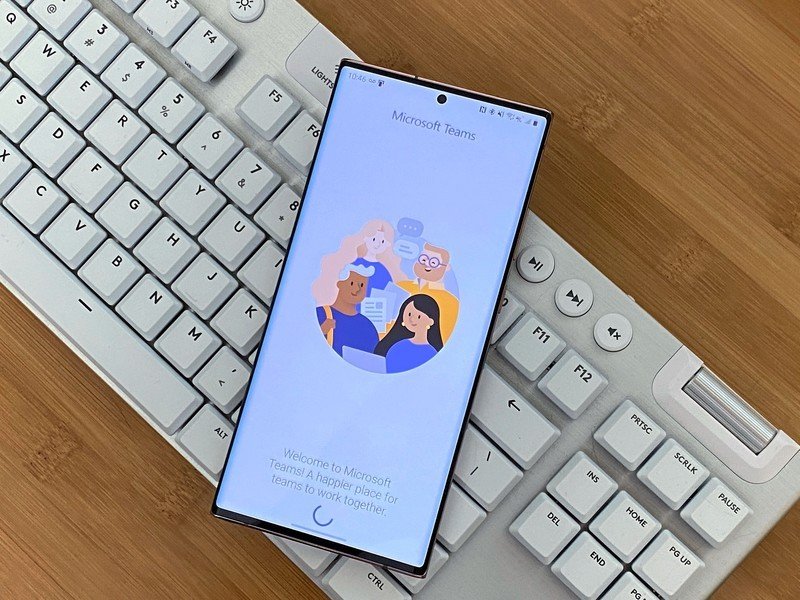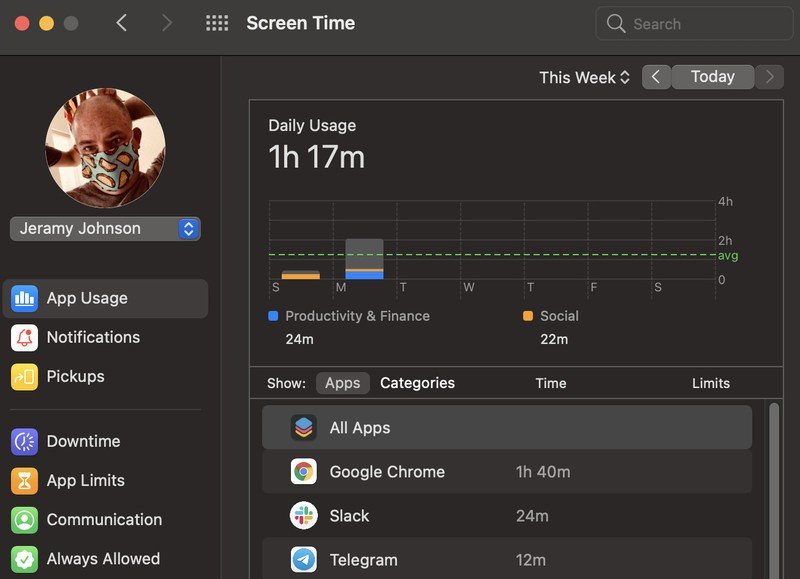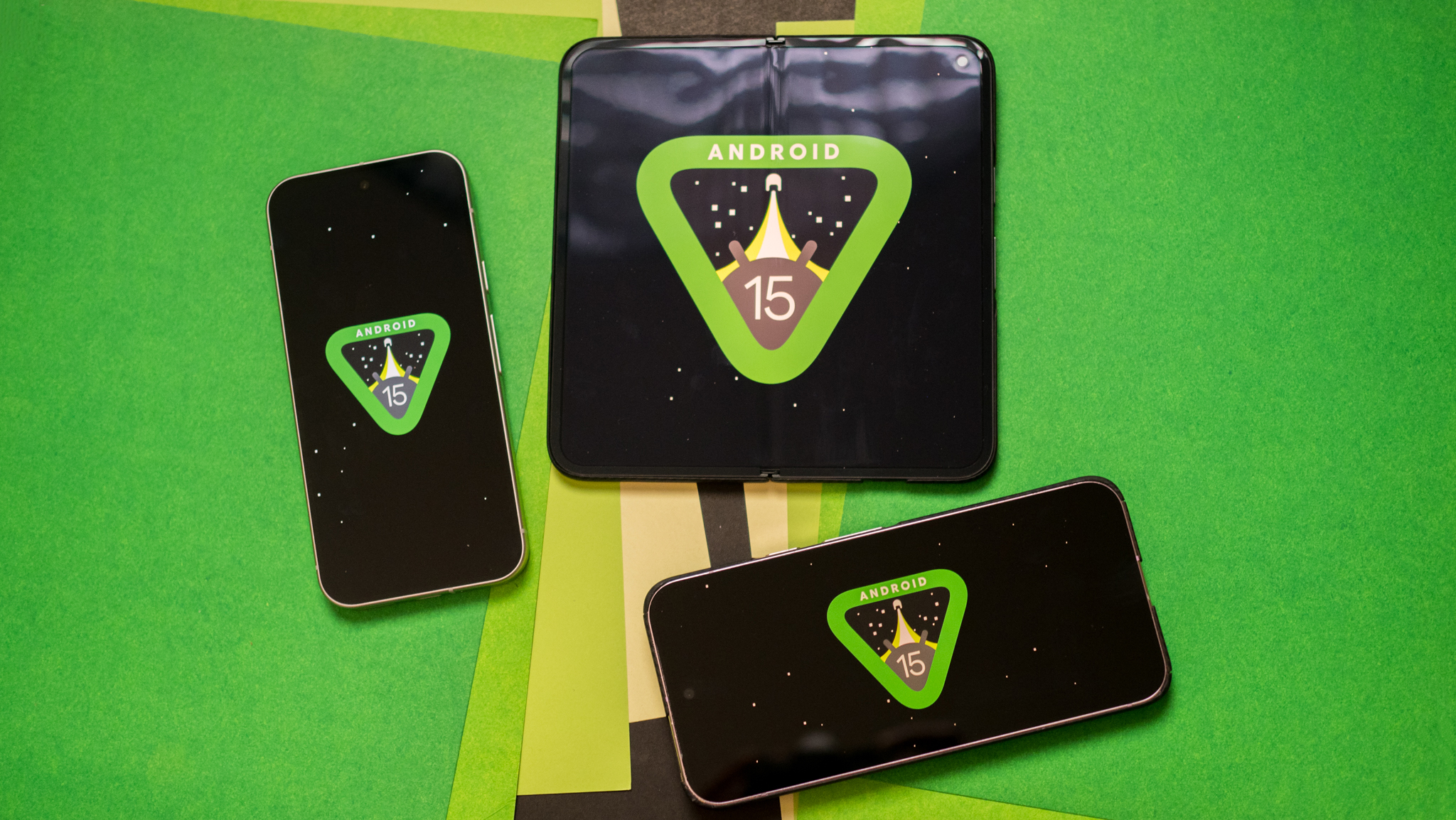We spend our days in Slack and Teams, but we don't think of them as messaging apps

Personal messaging apps have been top of mind lately, what with Facebook implementing new data collection policies for WhatsApp and the subsequent flocking of tens of millions of people to apps like Signal and Telegram. But for many of us, especially those of us who have been working remotely since the pandemic started (over a year ago!), the messaging apps that we probably spend the most time in are ones like Slack and Microsoft Teams.
Wait... what you say? Slack and Microsoft Teams as messaging apps? You betcha.
If you've been living under a rock for the last few years and don't know what I'm talking about, Slack and Microsoft Teams are two of the most popular professional communication platforms on the planet. Each has tens of millions of daily active users, and each is owned by mega-sized, multinational tech corporations: Teams by Microsoft (of course), and Slack by Salesforce.

Both platforms allow for synchronous (live) team and direct messaging, and each features integrations and plug-ins with dozens of other apps and services. Thanks to the ability to connect document and file-sharing apps, pin messages, set reminders, send yourself notes and tasks, and save messages, these apps have become the new workspace for millions.
Slack and Microsoft Teams have largely replaced email for many; are WhatsApp, Telegram, and Signal next?
At Android Central and across the Future PLC family of brands, we use Slack every day and do so much more than email or any other apps to communicate with colleagues. I can't personally speak to Microsoft Teams, but I have friends who use it at their places of business in much the same ways that we use Slack. By and large, team messaging has replaced email completely, at least in terms of intra-company communications. Email is still important for communicating outside the organization, of course, but it has been rendered largely irrelevant thanks to these apps.

As you can see by the Screen Time stats on the iMac I use for work, Slack is consistently the app I spend the most time in, save for Google Chrome. I would put my app usage stats from my Pixel here, but to be honest, I try not to use Slack on my phones so much; plus, I'm on my computer way more these days since I don't go anywhere.
Slack and Microsoft Teams are increasingly being used beyond their initial purview as strictly business communication platforms and are taking on much more of a social component. We've heard many stories about people who've set up their own family and friend Slack channels to keep in touch during quarantine time. This is particularly useful because you can essentially add as many folks as you'd like, and it works cross-platform. Content creators often set up their own Slack or Discord channels with fans and subscribers, offering a semi-private way to communicate and share exclusive content. And as it evolves into more of a social platform, Slack is even reportedly adding Instagram/Snapchat-style stories to the app at some point this year — try to contain your excitement on that point.
Be an expert in 5 minutes
Get the latest news from Android Central, your trusted companion in the world of Android
My favorite feature of any messaging app is the ability to send fun emojis and animated GIFs or stickers, and for my money, Slack just might be the best at this. Don't get me wrong, Telegram is a close second with its animated and customizeable stickers, but the sheer volume of options that Slack gives you is unparalleled; at least, in my experience. These weren't the use cases that I was initially promised when I moved over from email to Slack, but they're the ones that have stuck.
As Slack and Microsoft Teams continue to grow their user base, it's only natural that those apps will add functionalities and branch into new use cases. For now, they have succeeded in supplanting email for many organizations and have perhaps unwittingly weaseled their way into our new social messaging paradigm. After all, I no longer even think about them in terms of email replacement. Once I thought about it for a minute, I quickly realized that Slack had stealthily become my default messaging app. I bet if you think about it, either Slack or Microsoft Teams just might be your most important messaging app too.

Jeramy was the Editor-in-Chief of Android Central. He is proud to help *Keep Austin Weird* and loves hiking in the hill country of central Texas with a breakfast taco in each hand.
